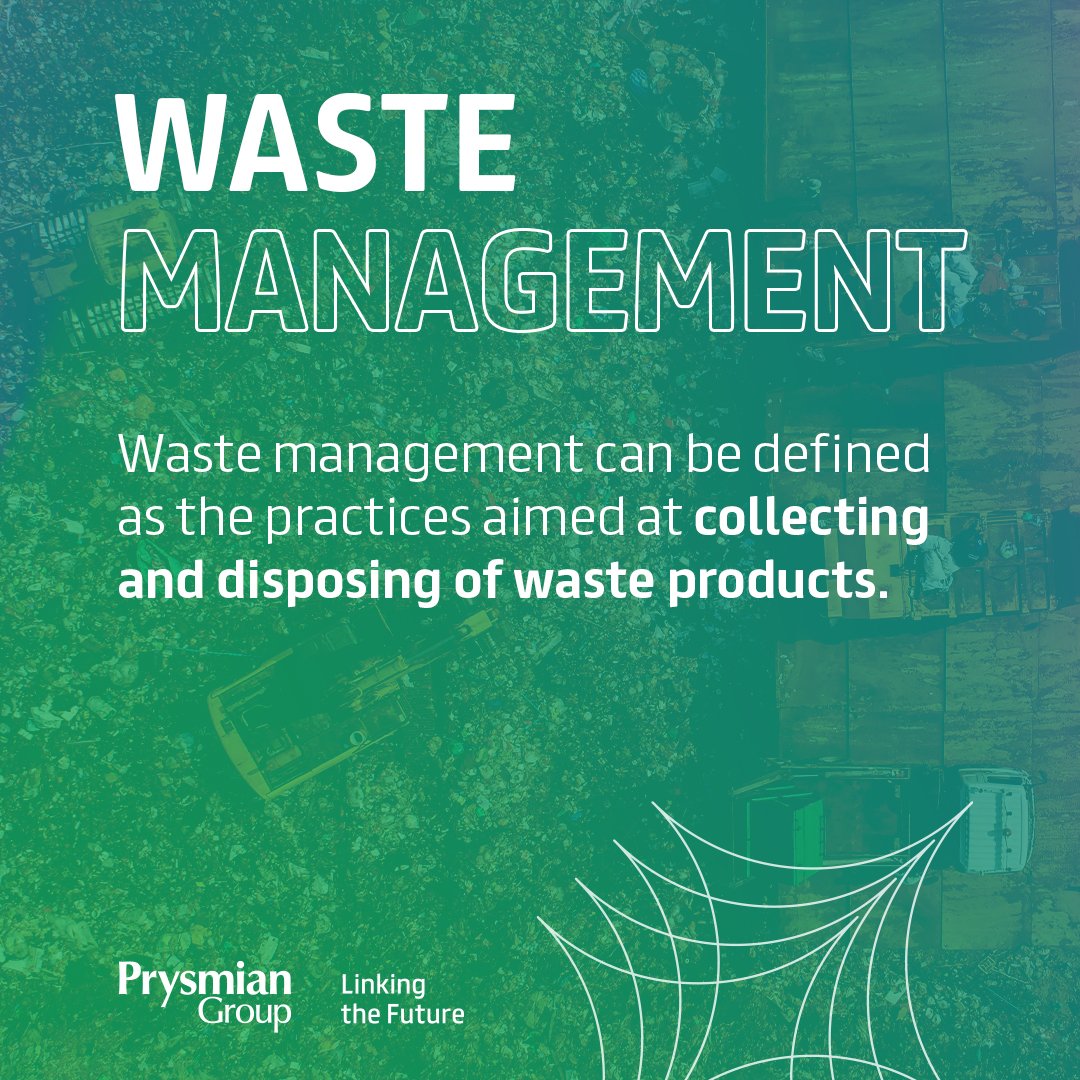All About Reclaim Waste
Wiki Article
The Facts About Reclaim Waste Revealed
Table of ContentsThe Greatest Guide To Reclaim WasteReclaim Waste Fundamentals ExplainedNot known Details About Reclaim Waste Some Known Details About Reclaim Waste Fascination About Reclaim Waste
Explore the types, occurrences, and types of liquid waste. Residential sewer waste describes the waste and items from a property sewage-disposal tank. This type of waste is created by human beings in homes, institutions, and other structures. This only consists of sewage-disposal tanks that have a drainpipe field. The appropriate administration and disposal of domestic sewer waste require liquid waste to be moved to a sewage therapy plant where the appropriate methods and tools are used to purify and get rid of waste.
Business waste commonly includes possible threats, such as flammable products or a blend of liquid and strong waste products, and needs an advanced and detailed disposal procedure. The disposal of commercial waste normally involves the filtering of waste prior to transport to make sure risk-free and correct disposal. Hazardous waste is created from by-products and overflow of industrial processes and manufacturing.
This sort of waste can not use the exact same sewer management transportation or processes as septic or business fluids. The commercial waste administration process requires the assessment and testing of liquid waste before it goes through the disposal procedure (liquid waste disposal). Drainage waste is the fluid waste that comes from overflow and excess stormwater in extremely inhabited areas or cities
Drainage waste can create contamination and flooding if not taken care of effectively. Making certain proper waste management can protect against calamities and lower environmental damage.
Getting My Reclaim Waste To Work
Call PROS Services today to find out about our waste monitoring and disposal services and the proper means to take care of the fluid waste you generate.(https://www.domestika.org/en/reclaimwaste1)
Do you recognize what happens to your water when you end, purge the bathroom or drain pipes the cleaning machine? No? Well, it deserves understanding. This supposed 'wastewater' is not only an important source however, after treatment, will certainly be launched to our land, waterways or the ocean. Made use of water from commodes, showers, bathrooms, kitchen area sinks, laundries and industrial procedures is understood as wastewater.

water utilized to cool equipment or clean plant and equipment). Stormwater, a kind of wastewater, is overflow that flows from farming and city areas such as roofs, parks, gardens, roadways, courses and rain gutters right into stormwater drains, after rainfall. Stormwater streams untreated straight to neighborhood creeks or rivers, eventually getting to the sea.
A Biased View of Reclaim Waste
In Queensland, many wastewater is treated at sewage treatment plants. Wastewater is moved from residential or industrial sites through a system of drains and pump stations, understood as sewage reticulation, to a sewer therapy plant. City governments develop, maintain and operate most sewage treatment plants. Operators are licensed under the Environmental Security Act 1994 to discharge treated wastewater at an appropriate ecological standard into waterways.The Division of Natural Resources suggests city governments regarding handling, operating and keeping sewage systems and treatment plants. In unsewered locations, local governments might require owners to set up private or household sewer therapy systems to deal with residential wastewater from toilets, kitchen areas, bathrooms and washings. The Division of Natural Resources authorises using family systems when they are shown to be efficient.
Many stormwater receives no therapy. In some brand-new neighborhoods, treatment of some stormwater to remove clutter, sand and gravel has actually begun utilizing gross contaminant traps. Wastewater treatment happens in four phases: Eliminates solid issue. Larger solids, such as plastics and other things wrongly discharged to drains, are eliminated when wastewater is gone through displays.
Wastewater after that flows into huge storage tanks where solids clear up and are removed as sludge. Oil and scum are skimmed from the surface area. Utilizes tiny living organisms called micro-organisms to damage down and get rid of continuing to be dissolved wastes and fine fragments. Micro-organisms and wastes are incorporated in the sludge. Gets rid of nitrogen and phosphorus nutrients that might trigger algal blooms in our rivers and endanger water life.
Some Known Questions About Reclaim Waste.
Nutrient removal is not offered at all sewage treatment plants since it needs costly specialized tools. Clear fluid effluent generated after therapy might still have disease-causing micro-organisms - liquid waste disposal melbourne.
This generally indicates wastewater has actually to be treated or contaminants eliminated before it can be released to waterways. A lot of wastewater flows right into the sewage system. Under the Act, city governments administer authorizations and permits for ecologically appropriate tasks (Ages) including wastewater releases that could have a regional impact. The department carries out approvals and permits to Periods entailing wastewater releases that could have a local or statewide influence.
The Buzz on Reclaim Waste
Surveillance provides valid information about water high quality and can verify that licence problems are being satisfied. The info gotten with monitoring provides the basis for making water quality decisions.Report this wiki page